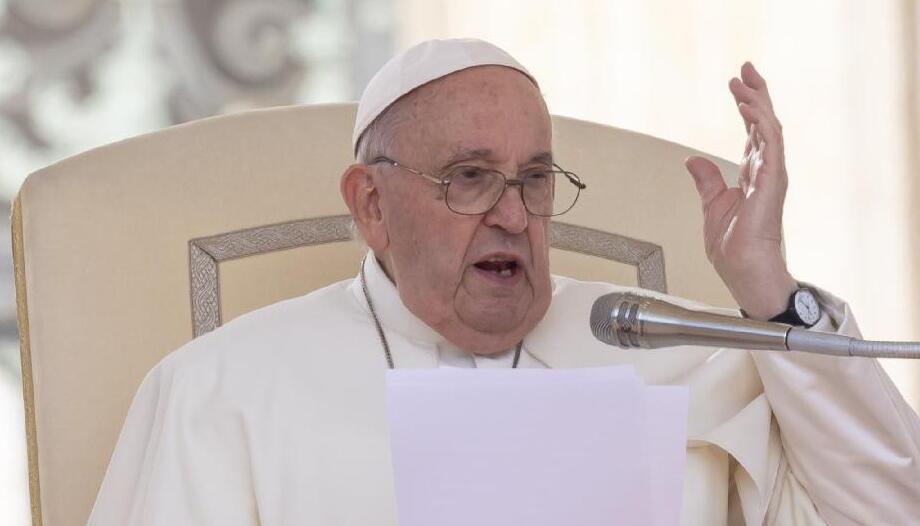After having addressed in previous weeks the cardinal virtues of prudence, justice and fortressPope Francis explained in his catechesis for the Audience of this Wednesday of the III week of Easter the virtue of temperance, based on the reading of the Book of Sirach, in the verse that says: "Do not let your desire and your strength lead you to act according to your whims...".
The Holy Father referred first of all to Greek civilization, specifically to Aristotle, and recalled his words on power over oneself, when describing temperance as the capacity for self-control and the art of not allowing oneself to be overwhelmed by rebellious passions. Temperance ensures the mastery of the will over instincts, it is the virtue of "moderation and just measure".
Dominance of the will over the instincts
The Catechism of the Catholic Church, the Pope taught, tells us that: "temperance is the moral virtue that moderates the attraction of pleasures and seeks balance in the use of created goods". "It," the Catechism continues, "ensures the will's dominion over instincts and keeps desires within the bounds of honesty. The moderate person directs his sensitive appetites towards the good, keeps a healthy discretion and does not allow himself to be drawn into following the passion of his heart" (n. 1809).
Temperance, the Holy Father continued, "is the virtue of just measure. In every situation, it conducts itself wisely, because people who act out of impetus or exuberance are ultimately unreliable. In a world where so many people boast of saying what they think, the temperamental person prefers instead to think what he says. He does not make empty promises, but commits himself to the extent that he can keep them. Even with pleasures the temperamental person acts with judgment. The free course of impulses and the total license granted to pleasures end up turning against ourselves, plunging us into a state of boredom."
Thinking and dosing words
"How many people who have wanted to try everything voraciously have found that they have lost their taste for everything! It is better to find the right measure: for example, to appreciate a good wine, tasting it in small sips is better than swallowing it all in one gulp," he pointed out.
"The temperamental person knows how to weigh and dose words well. He does not allow a moment of anger to ruin relationships and friendships that can only be rebuilt with great effort. Especially in family life, where inhibitions are lower, we all run the risk of not keeping tensions, irritations and anger under control. There is a time to speak and a time to be silent, but both require the right measure. And this applies to many things, such as being with others and being alone".
In the face of excesses, balance
"The gift of the temperamental is, therefore, balance, a quality as precious as it is rare. Everything, in fact, in our world pushes us to excess. Temperance, on the other hand, goes well with evangelical attitudes such as smallness, discretion, dissimulation and meekness," the Pope concluded.
"He who is temperate appreciates the esteem of others, but does not make it the sole criterion for every action and every word (...). It is not true that temperance makes us gray and joyless. On the contrary, it makes one better enjoy the goods of life: being together at table, the tenderness of certain friendships, the trust of wise people, the wonder at the beauty of creation. Happiness with temperance is the joy that blossoms in the heart of one who recognizes and values what matters most in life."
Releasing prisoners of war, "inhuman torture".
Before giving his blessing, the Pope recalled the populations at war, and referred to the Holy Land, Palestine and Israel, the martyred Ukraine, and in particular to the prisoners of war, so that they may be freed, and to the tortured. "Torture is not humane," he said, because "it hurts the dignity of the person."
In his greetings to the pilgrims of various languages, the Pope greeted in a special way the groups from England, Ireland, Finland, Indonesia, Malaysia, the Philippines, Korea and the United States of America. "In the joy of the Risen Christ, I invoke upon you and your families the mercy of God, our Father."
As it has been made public, Pope Francis will make a apostolic journey to Indonesia, Papua New Guinea, East Timor and Singapore in September 2024, in what will be his longest apostolic journey to date.












